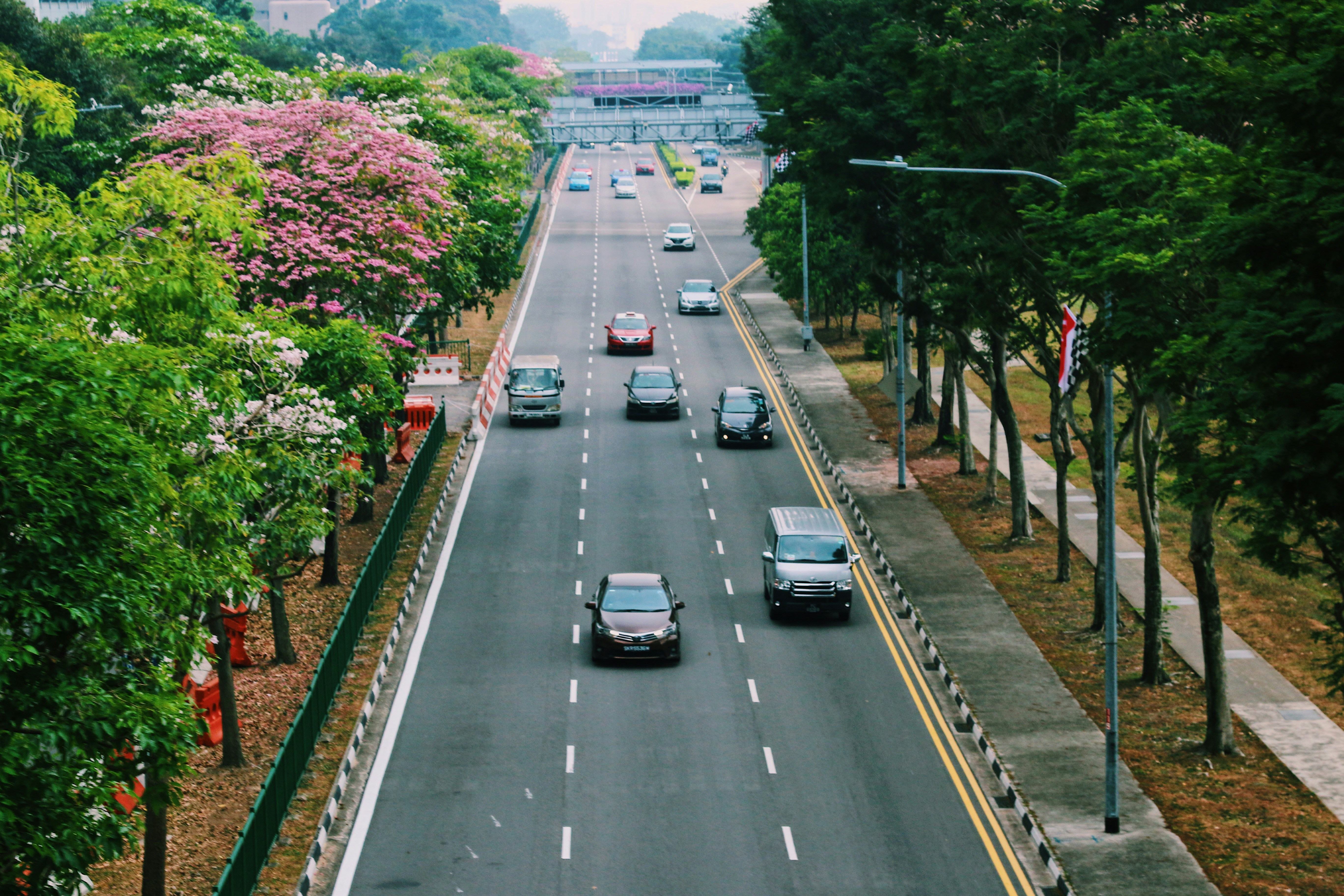In the first five months of 2024, Singapore has experienced a significant rise in the number of cars getting their Certificates of Entitlement (COEs) revalidated. A total of 3,949 cars had their COEs revalidated, which is close to the entire figure for 2023, when 4,403 cars were revalidated. This marks a 74% increase compared to the same period in 2023, highlighting a growing trend among car owners to extend the lifespan of their vehicles rather than purchasing new ones.
Economic Factors Driving COE Revalidations
Several factors contribute to this surge in COE revalidations. One of the primary reasons is the high cost of new cars in Singapore. For instance, a new Toyota Corolla Altis cost more than $158,000 in May 2024, compared to $84,550 to revalidate the COE for a comparable family car that has already been on the road for 10 years. Automotive industry consultant Vincent Ng noted, “So car owners who want to continue having access to a car would consider revalidating the COE, given the high car prices.”
Trends in COE Categories
Historically, revalidations of Category A COEs, which cover smaller, less powerful cars and electric vehicles (EVs), have outnumbered those for larger cars and EVs (Category B). In the first five months of 2024, there were 2,396 Category A COE revalidations, up from 1,006 in the same period in 2023. Of these, 1,421 were five-year revalidations, a significant increase from 474 such revalidations in 2023.
Impact on COE Supply and Prices
The rise in COE revalidations has implications for the COE supply and prices. Associate Professor Walter Theseira, head of the urban transportation programme at the Singapore University of Social Sciences, described COE revalidation as a “no-loss bet” for car owners. He explained, “In contrast, you lose a lot due to depreciation on the market value for a new car, so even though the scrap strategy also exists for a new car – as in, you scrap the car if COE prices fall a lot – it doesn’t make as much financial sense.”
Revalidations reduce the turnover of cars, directly preventing the supply of COEs from increasing. Under the current method, the COE supply for a given three-month period is determined by the average deregistration rate over a rolling four-quarter period. Hence, rising revalidations can dampen the chance of COE prices coming down, as the impact may be felt months later due to the delay between deregistration and the COE being added to the new supply period.
Expert Opinions and Future Outlook
Automotive industry experts predict that the number of COE revalidations in 2024 will exceed those in 2023. Vincent Ng pointed out that more new cars were registered 10 years ago in 2014 than in 2013, leading to a higher number of cars reaching the end of their COE lifespan. He also mentioned that consumers have come to accept that new car prices are unlikely to decrease soon due to persistent high COE premiums.
Jeremy Soh, chief executive of Ricardo Group, an automotive after-sales specialist, described the situation as a “vicious circle,” where revalidations delay the recycling of COEs into the supply for bidding, keeping COE prices high and encouraging more owners to revalidate their certificates. He also highlighted that modern vehicles are robust enough to last beyond their first COEs, making revalidation a practical choice for many car owners.
Potential Policy Changes
To address the issue of perpetual COE revalidations, some experts suggest introducing measures such as more tax penalties on older cars or setting a statutory age limit for passenger cars. This would make it less attractive to keep cars older than 10 years, ensuring that COEs are returned to the system for bidding.
The trend of increasing COE revalidations in Singapore reflects the economic realities faced by car owners amid high new car prices and COE premiums. As more car owners opt to extend their vehicle's lifespan, the dynamics of the COE market continue to evolve, impacting supply, prices, and policy considerations. Understanding these trends is crucial for stakeholders in the automotive industry and policymakers alike.















